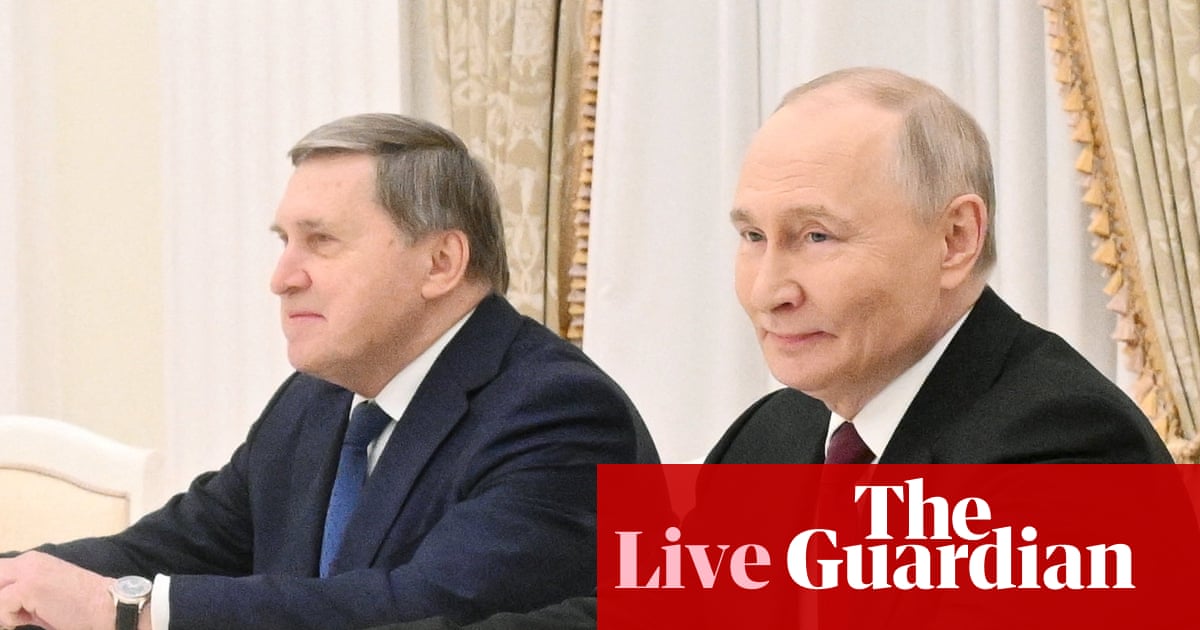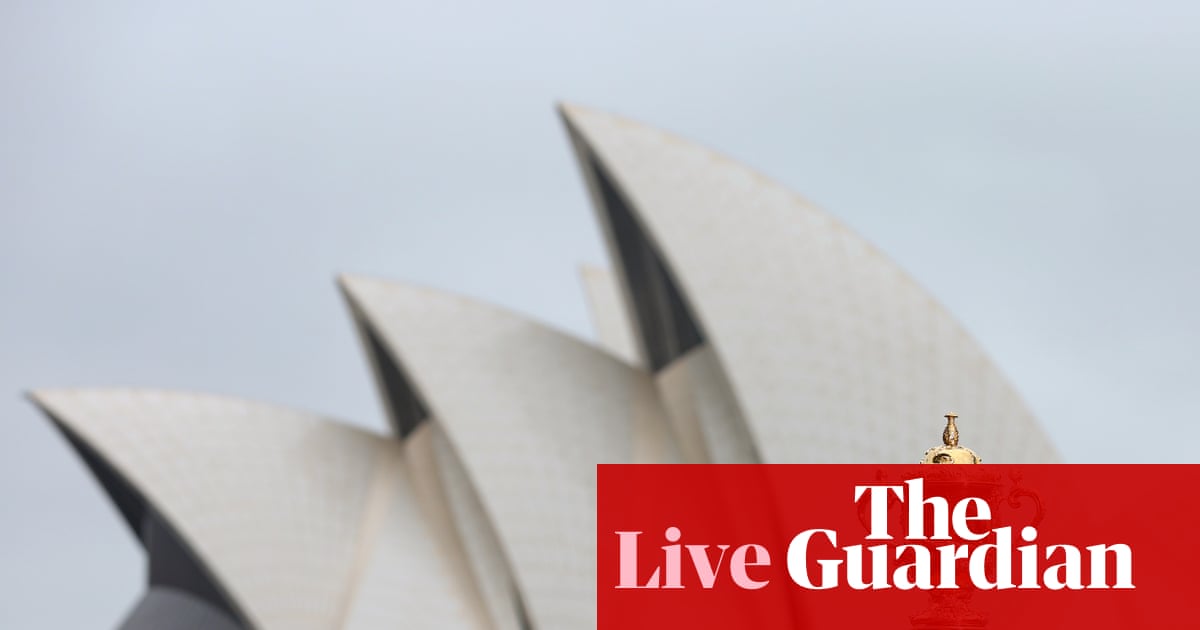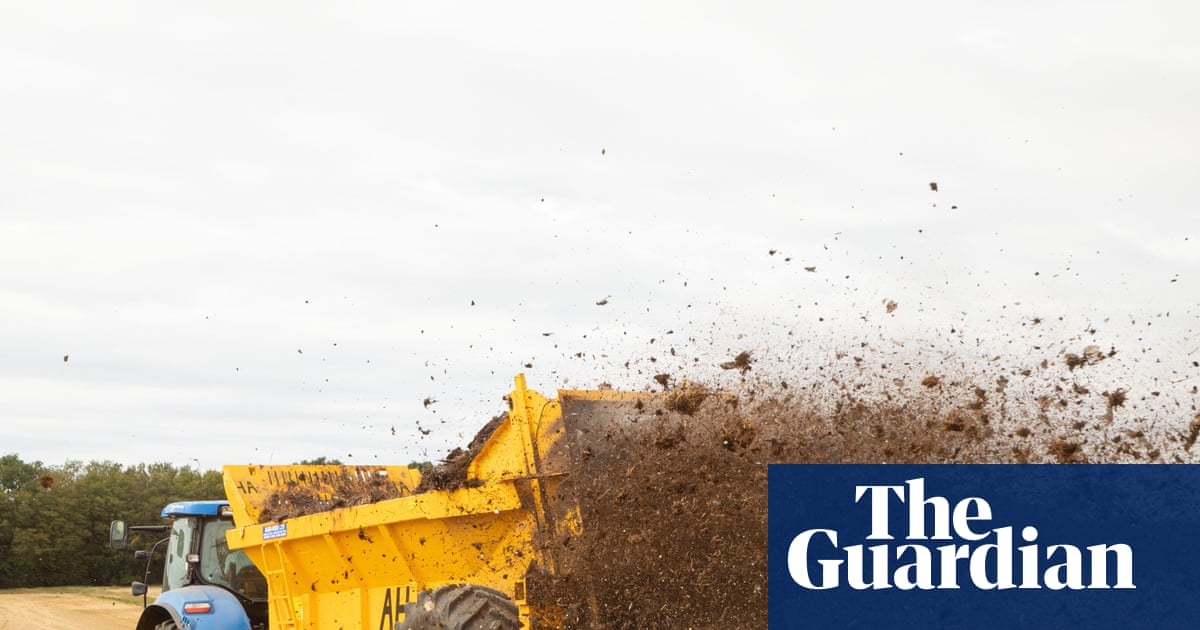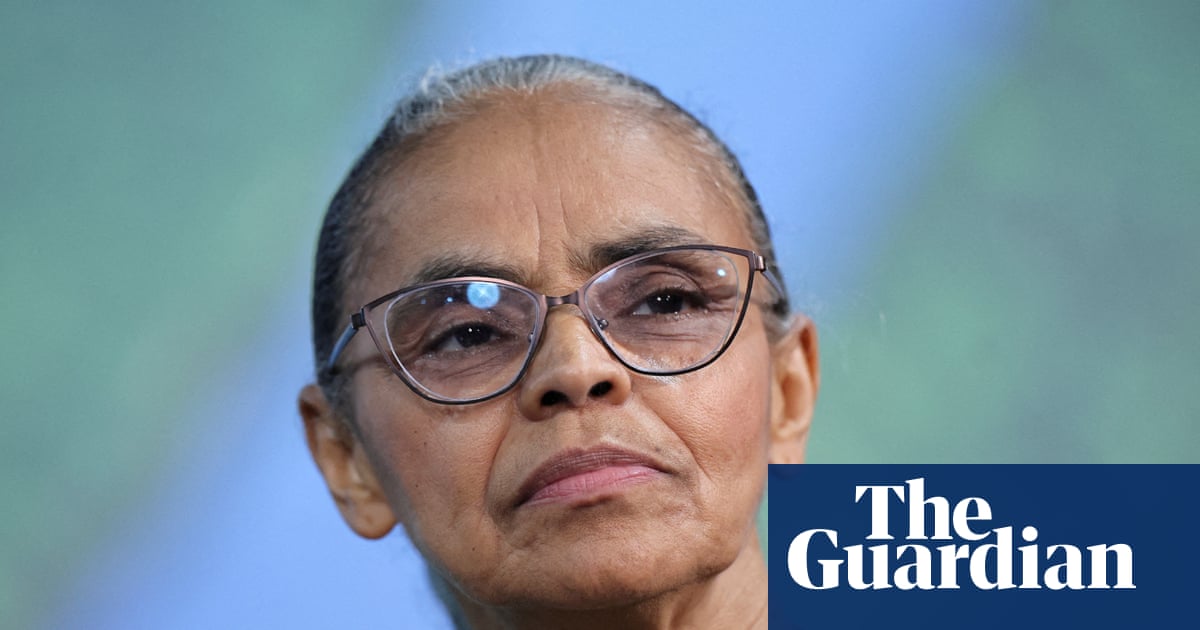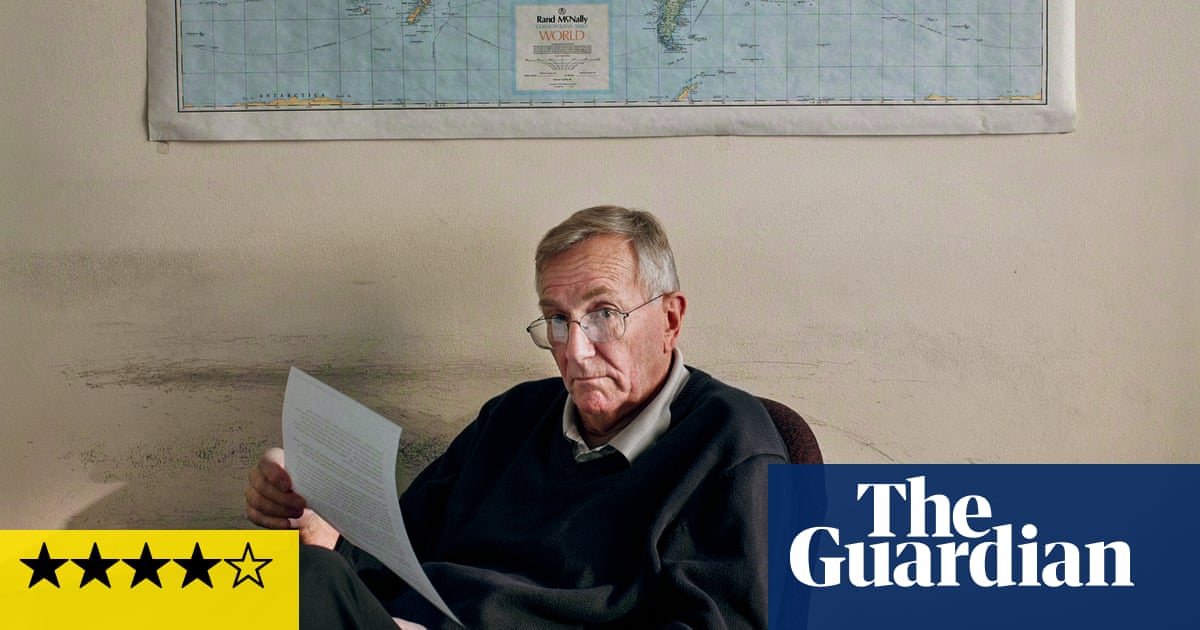Brazil will ask countries to quadruple the global use of controversial biofuels despite concerns from environmental experts, the Guardian has learned.
A leaked document seen by the Guardian sets out a draft pledge for world leaders gathering at the climate conference next month in Brazil to increase the use of biofuels in the next decade by four times compared with 2024 levels.
Brazil is the world’s second largest producer of ethanol, one of several types of biofuel. It argues in the document that biofuels – made from a wide variety of organic matter such as sugar cane in the case of ethanol – will displace fossil fuels, and that they represent a benefit to the climate and environment.
But this is disputed by green experts and campaigners, who point out that biofuel production is resulting in increased deforestation in many regions, leading to the replacement of land that is rich in species with monocultures, and reducing the land available for food production. A study by the Transport and Environment thinktank, published this month, shows that at present “biofuels are responsible globally for 16% more CO2 emissions than the fossil fuels they replace due to the indirect impacts of farming and deforestation”.
The report found that by 2030, biofuels crops would require land the size of France, which would make it the sixth largest country in terms of arable land use globally; that a fifth of vegetable oil is used for cars rather than food; that 3,000 litres of water are needed to drive 100km on biofuels; and that solar panels could create as much energy as biofuels while using just 3% as much land.
The draft pledge stipulates that the increase in biofuels such as ethanol should be from environmentally sustainable sources.
Andreas Sieber, associate director of policy and campaigns at 350.org, said: “So-called ‘sustainable fuels’ must never deflect from the central task: transitioning away from fossil fuels and scaling-up renewables. While Brazil’s interest in biofuels may partly come from good intentions, presenting ‘sustainable fuels’ as an equal pillar to renewables is misguided. These fuels often exaggerate their climate benefits, worsen food insecurity, and drive biodiversity loss through monocultures of corn, soy and sugarcane. The transition away from fossil fuels must remain the overarching goal.
“It’s particularly worrying to already see countries like Italy and Japan join this initiative and co-opt this narrative for industrial or political convenience. That’s not climate leadership, it’s a dangerous distraction.”
Cian Delaney, biofuels campaigner at T&E, said: “This pledge involves doubling the world’s supply of biofuels. It’s difficult to imagine a scenario where this doesn’t require more land clearance. Without any commitment from countries to meet the target without clearing more land, this will be devastating for the climate, ecosystems and food security.”
The Guardian has also seen a draft of the agenda for the leaders’ summit, which Brazil will host in Belém on 6 and 7 November, before the start of the fortnight-long Cop30 climate conference in the same city on 10 November.
The plans reflect a divided government, with an uneasy coalition headed by President Luiz Inácio Lula da Silva that includes people ranging from some of the world’s most ambitious environmentalists to diehard supporters of agribusiness.
The opening day will focus on forests, including a Brazilian initiative, supported by the UK and other European governments, to establish a “Tropical Forests Forever Facility” that aims to raise $125bn (£93bn) to support standing forests.
This will be followed by a forest-themed afternoon of speeches, possibly including a “presentation by a representative of indigenous peoples”.
after newsletter promotion
On the second day, the leaked plans – still tentative – suggest there will be a discussion about the energy transition. This is a contentious topic. The world agreed at Cop28 in Dubai to “transition away from fossil fuels”, but last year, Saudi Arabia blocked attempts to move forward with this goal. In preliminary discussions for Cop30, Saudi Arabia has again tried to remove this from the agenda. But the Brazilian environment minister, Marina Silva, has pushed for more action and the leak suggests this will be under discussion by leaders.
The crucial issue of how to meet the Paris agreement goal of limiting global heating to 1.5C will be addressed at the end of the leaders’ summit, in a discussion of countries’ plans on greenhouse gas emissions, known as nationally determined contributions (NDCs).
Lula will also call for stronger action on debt forgiveness for poor countries, in exchange for investments in environmental protection and clean energy.

.png) 1 month ago
57
1 month ago
57
